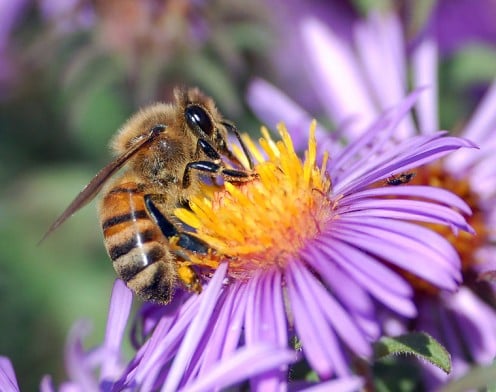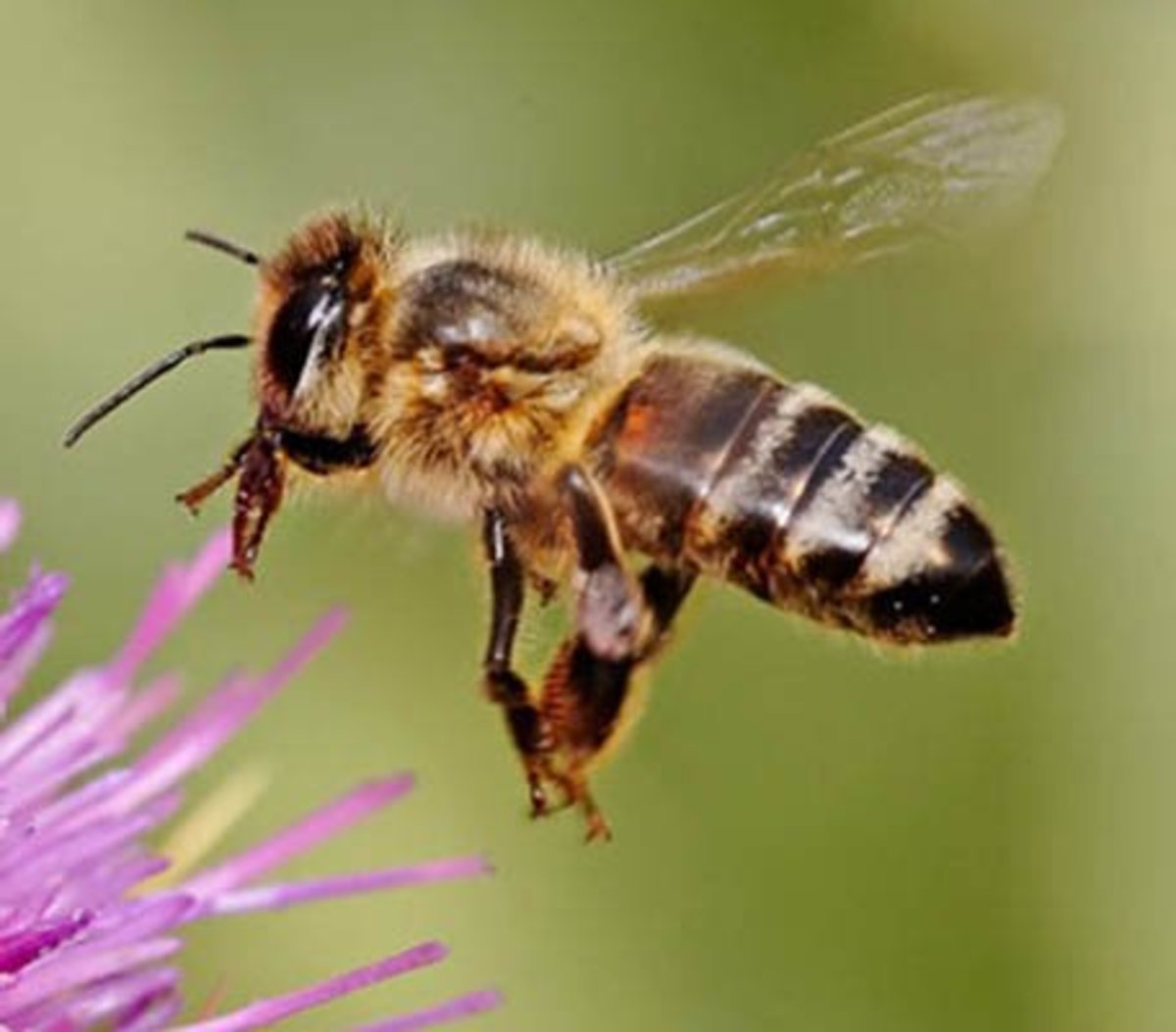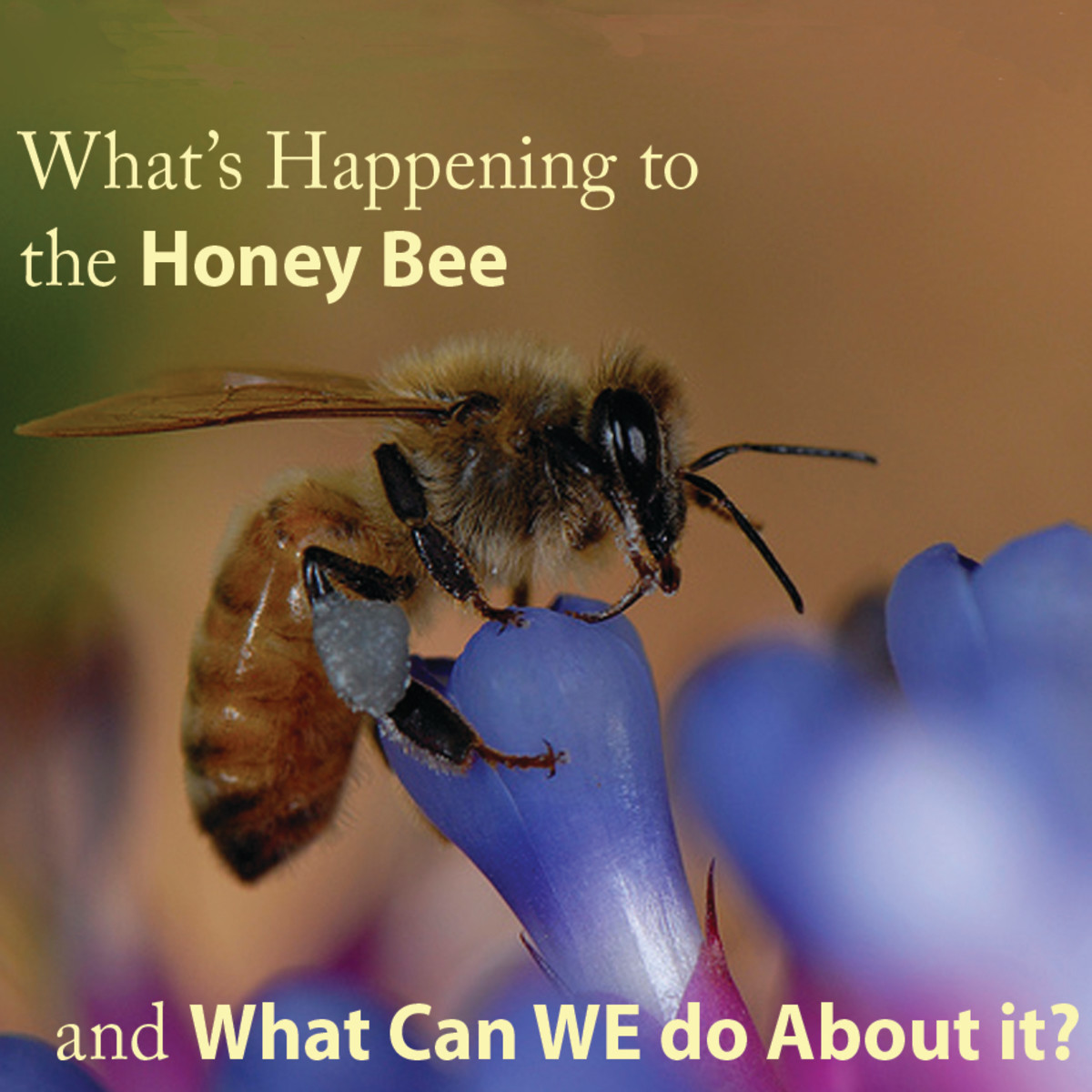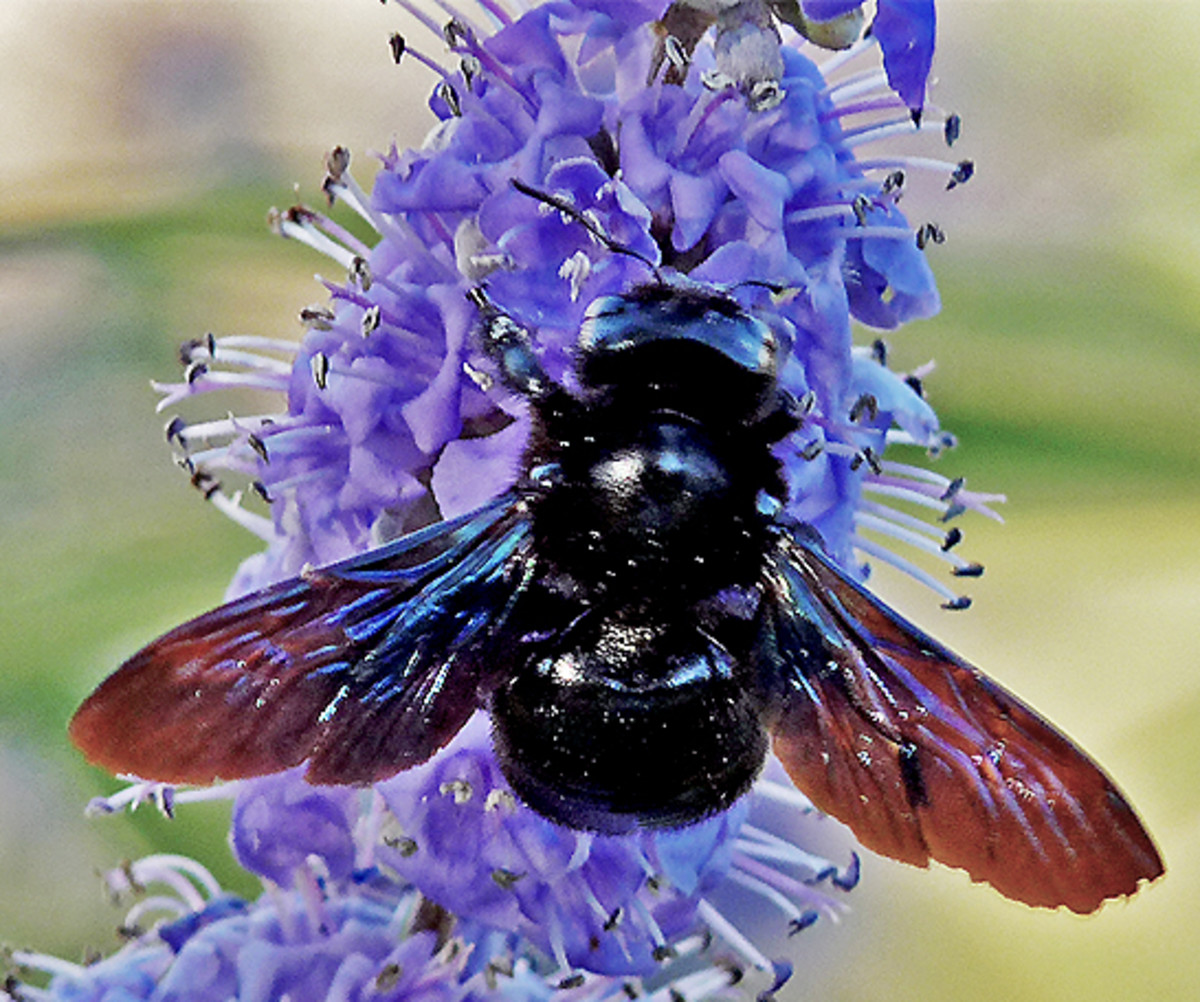What About The Bees - Colony Collapse Disorder - Where Are They Buzzing Off To?

It's All About The Bees
Ever since 2006, a remarkable amount of bees appear to be mysteriously disappearing from many countries including South America, Belgium, France, Greece, Italy, Portugal and Spain.
Some reports have also come in from UK, Switzerland and Germany.
Many beekeepers from these countries have reported that their bee colonies have mysteriously and unexpectedly vanished overnight.
The population of bees in these countries is diminishing rapidly yet research shows there has been a 45% increase in the number of bees worldwide since 1961.
So, it seems that we are not losing the amount of bees we have worldwide but many of them are fleeing their countries, perhaps in search of a better atmosphere, in what has now become known as Colony Collapse Disorder.
However, despite the decline in the population of bees in these specific countries, the population of bees in other countries remains stable and in some countries continues to increase.
It has been suggested that Colony Collapse Disorder, or CCD, may be the result of many various contributing factors and that there is no single cause, though studies have not yet come to any definitive conclusions.
Although a vast array of theories into the causes of Colony Collapse Disorder have been proposed, there remains no substantial scientific evidence for any of them.
Although it may easy to overlook, bees are the most abundant and prolific pollinators on the planet and without them we could see a dramatic decline, amongst many other things, in:
- Honey
- Oranges
- Pineapples
- Strawberries
- Peaches
- Tomatoes
- Squash
- Coffee
- Beer
There are also many more things we would see a rapid decline in.
Of course, they wouldn't be ruled out completely because of other animals, creatures and insects.
Causes Of CCD
Some of the theories to have been proposed as potential causes of CCD include causative agents, malnutrition, pathogens, immunodeficiencies, mites, fungus, pesticides and even electromagnetic radiation.
Although the mysterious disappearance of bees has been reported in the UK, David Aston from the British Beekeepers Association said:
"We still do not believe CCD (which is now better defined) is a cause of colony losses in the UK, however we are continuing to experience colony losses, many if not most of which can be explained"
Aston also made it clear he believed that pathogens and other environmental factors were indeed responsible despite the lack of definitive scientific evidence.
However, John Chapple, Chariman of the London Beekeepers Association stated:
"There are still a lot of mysterious disappearances; we are no nearer to knowing what is causing them."
It seems that there are mixed opinions on the subject of Colony Collapse Disorder and the National Bee Unit now deny the existence of CCD in the UK and attributes the bee population reduction to the varroa mite and and to summers of rain which stop bees foraging for food.
However, experts agree that the effects would not be this profound and that the theory does not sufficiently explain the phenomenon.
Could it be that the lack of sufficient scientific evidence indicates the problem could be originating from other sources and not where assumed?
What about the stratospheric sulfide aerosol spraying which is being carried out in some countries?
Much of the summer rain in the is artificially seeded, which is now being done in an effort to slow down global warming.
However, these efforts are not working and it has been suggested that we spray sulfide aerosols into the stratosphere (chemtrails) instead.
Could it be that the bees are simply looking for a better atmosphere as a result?
By Sparkster





